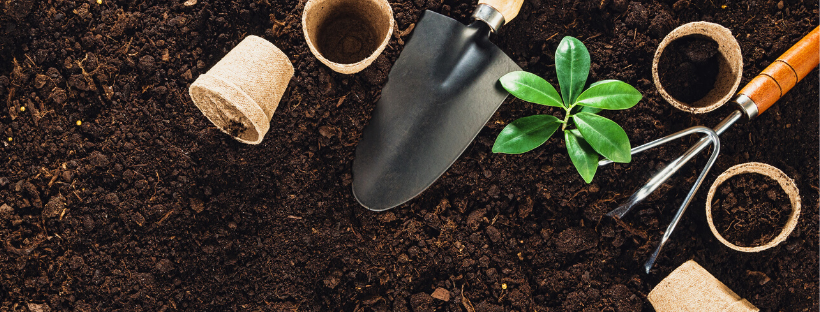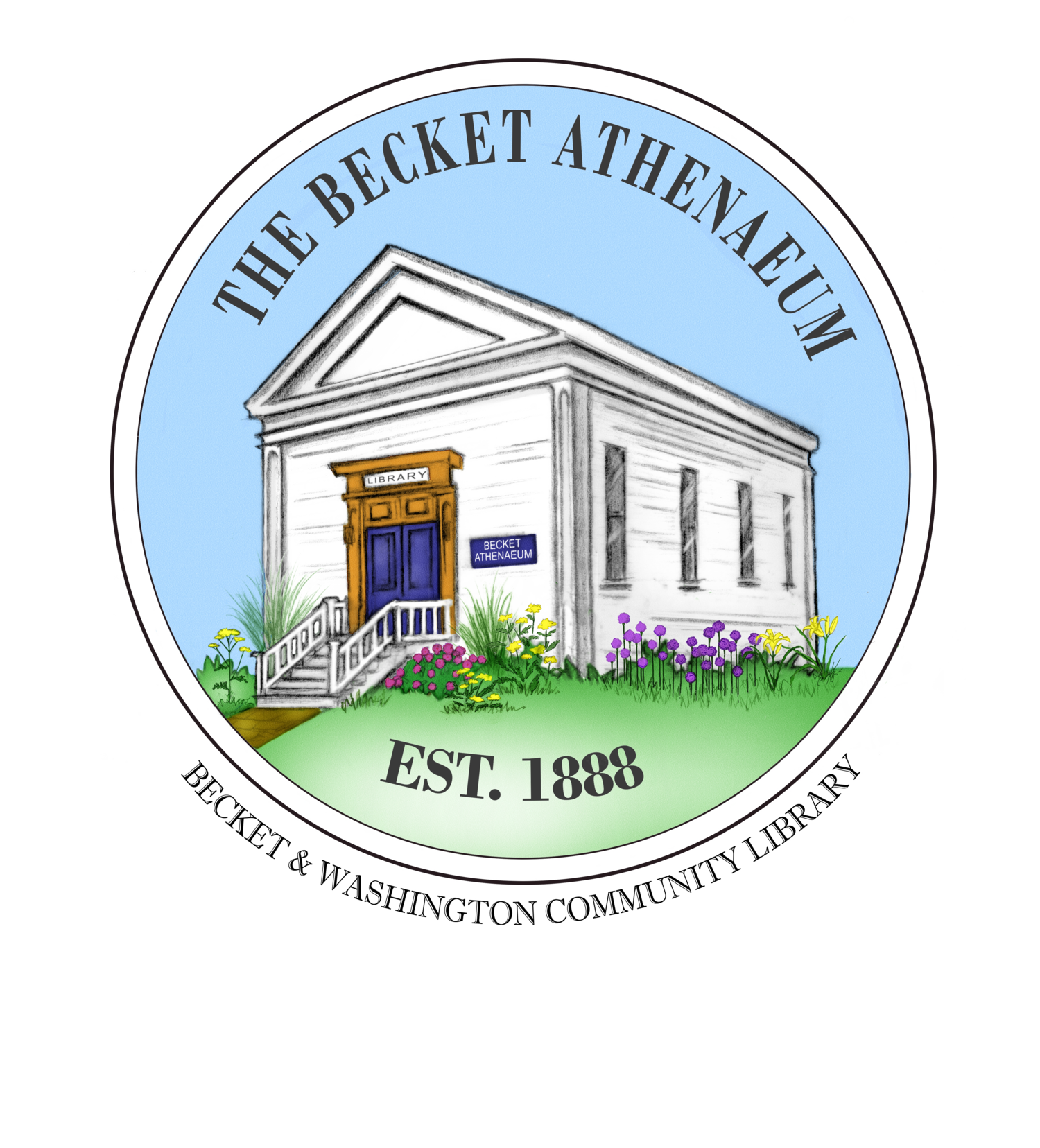The Becket Athenaeum Has FREE Seeds!
Our Seed Library is bursting with over 100 different varieties of seeds to grow delicious vegetables and gorgeous flowers! Thanks to the generosity of several seed companies and local community members, these seeds are available for FREE to our patrons.
Come in to see all of the varieties available, plant them in your garden, and enjoy your harvest. If you can, please allow a few of your new plants to produce seeds to donate to the library so that we may offer them to other patrons.
Seed selections are limited and are subject to change.
Quantity of seeds per packet varies.
Growing a garden will supply you and your family with tasty, nutrient-rich edibles and adorn your garden with glorious color.
By growing your garden organically and avoiding toxic synthetic fertilizers and pesticides, you are protecting and nurturing all wildlife
(including pollinating birds, insects, and soil organisms) and you are preventing water pollution, soil contamination, toxic runoff, and topsoil degradation. You are nurturing a safer, healthier environment for you, your family, and the future of the planet.
Learn more about gardening by checking out the many resources right here at the library or searching online.
Here are a few places to start:
Seed Savers Exchange
The Spruce: Top Gardening Websites
National Gardening Association
A Way to Garden
Gardening Channel: Gardening Resources-Best Gardening Sites
Cold Climate Gardening
Little Green Fingers: Getting Children Hooked on Gardening
Mother Earth News: Organic Gardening
Garden Therapy
Home Garden Joy
Vegetable and Flower Seeds
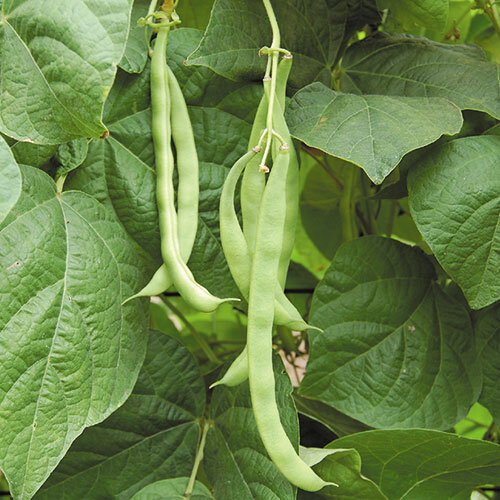
BEANS
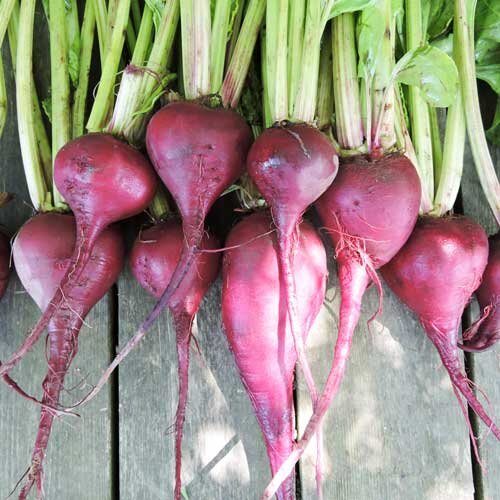
BEETS
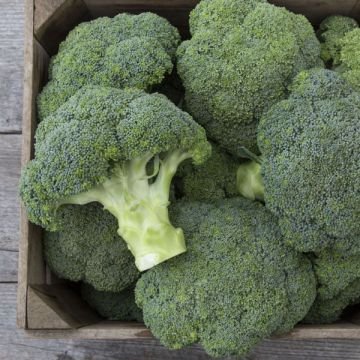
BROCCOLI
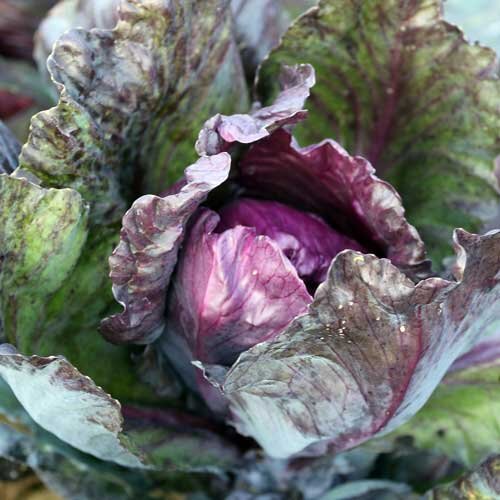
CABBAGE
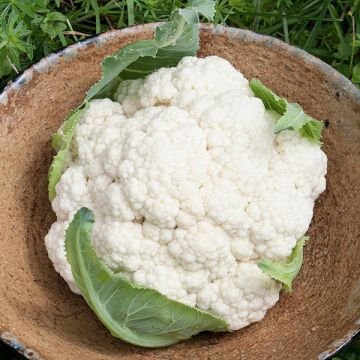
CAULIFLOWER
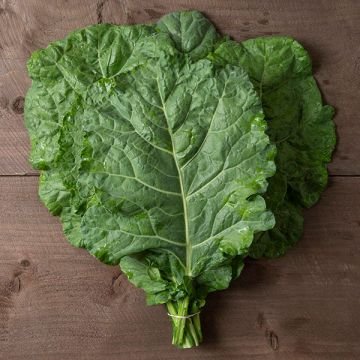
COLLARD
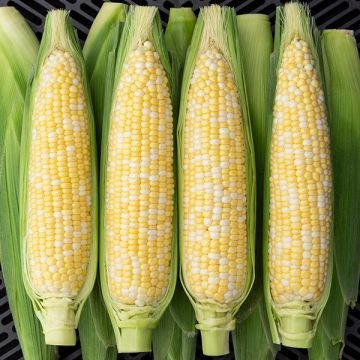
CORN
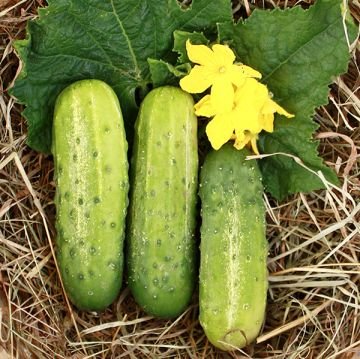
CUCUMBERS
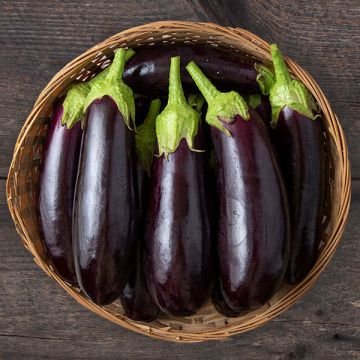
EGGPLANT
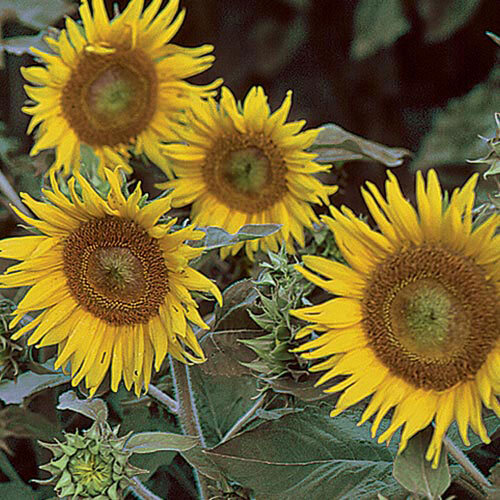
FLOWERS
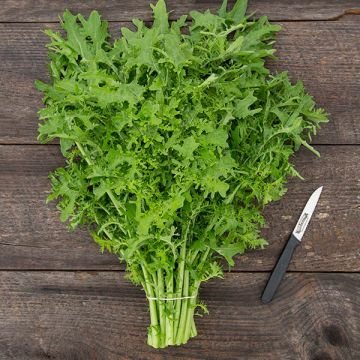
GREENS
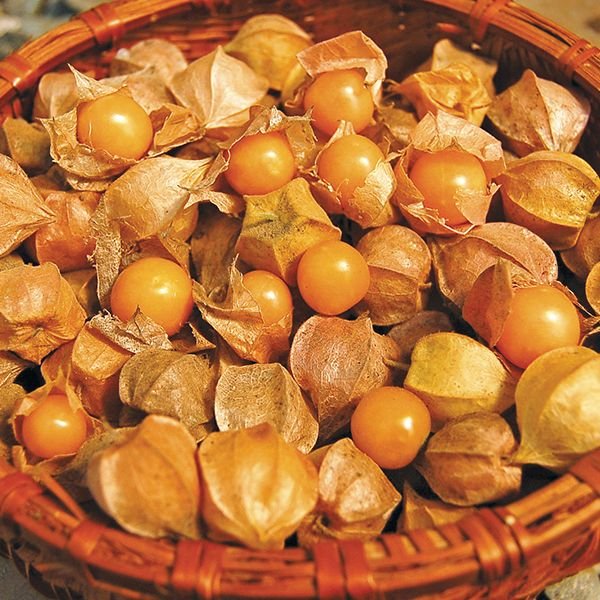
GROUND CHERRIES
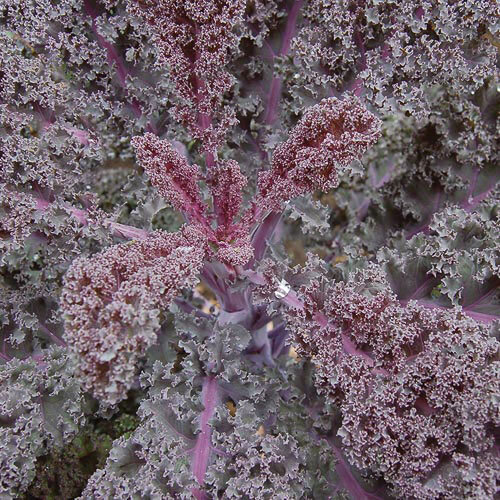
KALE
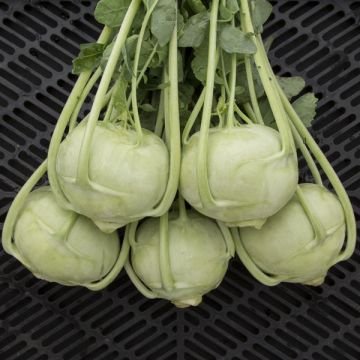
KOHLRABI
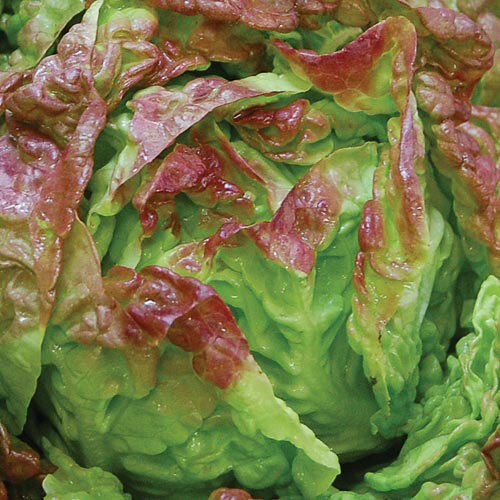
LETTUCE
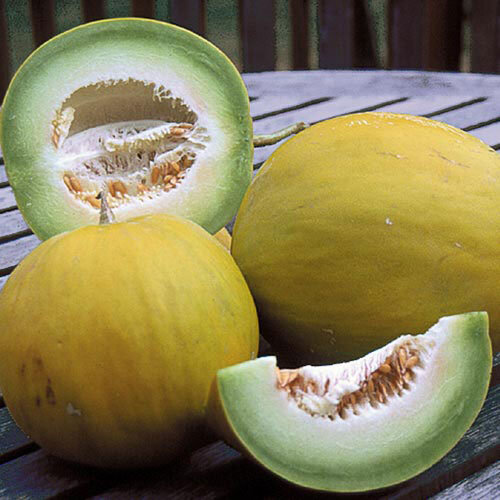
MELONS
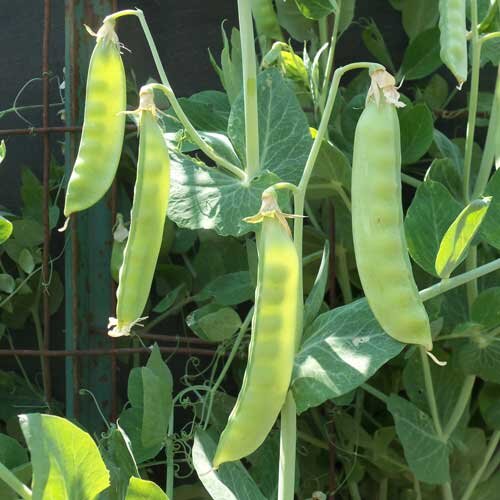
PEAS
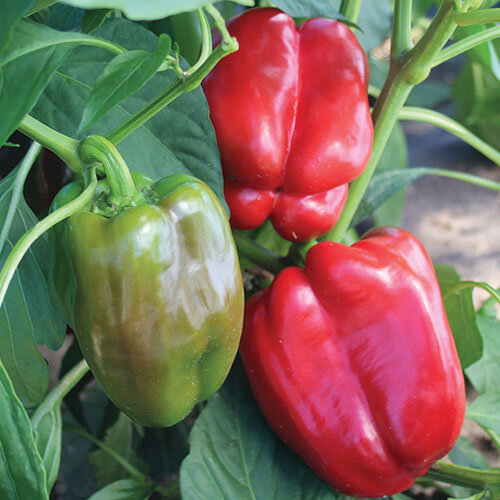
PEPPERS
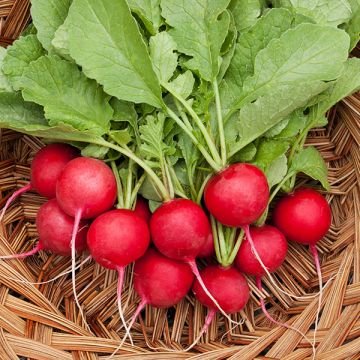
RADISHES
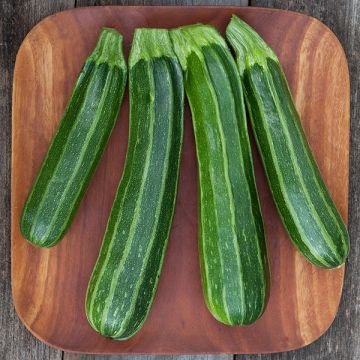
SUMMER SQUASH
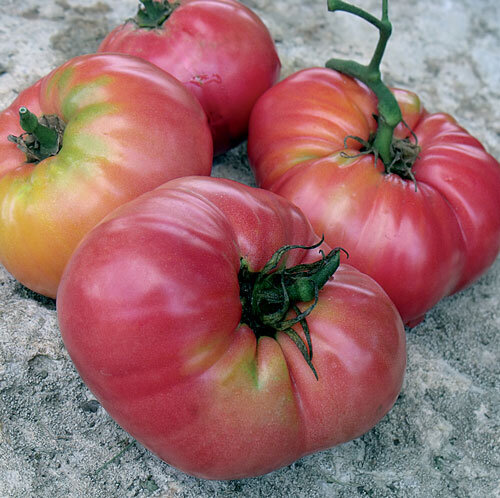
TOMATOES
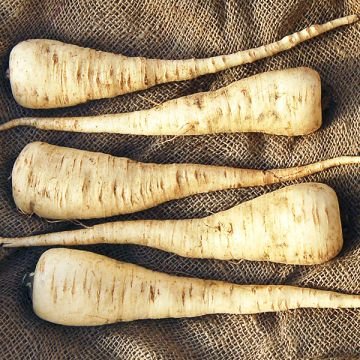
TURNIPS
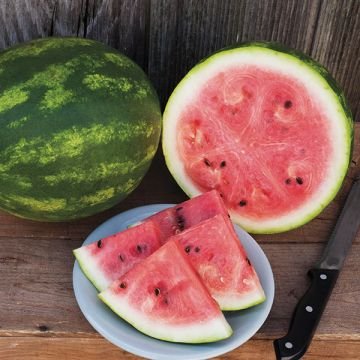
WATERMELON
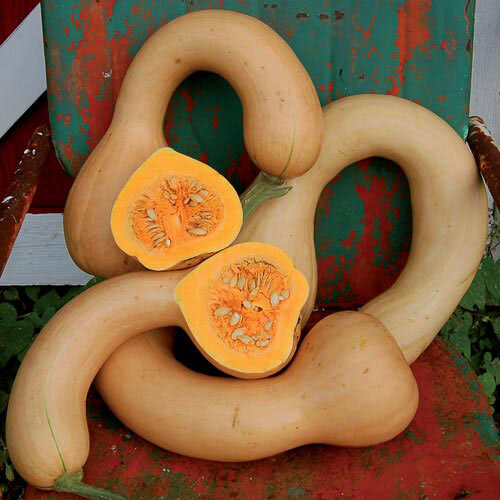
WINTER SQUASH
Seeds donated by:
Fedco Seeds specializes in cold-hardy selections especially adapted to our demanding Northeast climate.
They are one of the few seed cooperatives in the United States, with consumers owning 60% of the cooperative and worker members 40%, a structure that gives workers a real voice in running the company and a real stake in its success. Consumer and worker members share proportionately in the cooperative’s profits through their annual patronage dividends.
“The cooperative ethic recognizes that we are all in this together. What is good for our managers should be good for our workers and good for our customers and vice versa.”
High Mowing Organic Seeds has been offering seeds since 1998 and currently catalogs 600 organic and non-gmo heirloom, open-pollinated, and hybrid varieties of vegetable, fruit, herb, and flower seed.
In their own words:
“At High Mowing Organic Seeds, we believe in re-imagining what our world can be like. We believe in a deeper understanding of how re-built food systems can support health on all levels – healthy environments, healthy economies, healthy communities, and healthy bodies.
We believe in a hopeful and inspired view of the future based on better stewardship for our planet. Every day that we are in business, we are growing; working to provide an essential component in the re-building of our healthy food systems: the seeds.”
Our thanks to High Mowing Organic Seeds for their continued dedication to food security, high-quality seeds, and their generous donation to our Seed Library.
Don’t forget to check out their informative blog to learn more about organic gardening practices, food security, and their monthly giveaways!
Milkweed (and friends)
Milkweed plants provide the only source of food that Monarch Butterfly caterpillars can eat. A single Milkweed plant will serve as both home and food for the eggs, larva, and pupae of dozens of Monarchs. The final stage in the Monarchs’ development - their transformation into beautiful pollinators of flowers, vegetables, and fruits – culminates with a 2,500-mile fall migration south, to hibernate for 6 to 8 months before returning to the same milkweed plants on which they were hatched and raised. They repeat this cycle with each new generation.
Unfortunately, the Monarch Butterfly’s population has been drastically reduced. Land development and the widespread use of herbicides has decimated Milkweed stands, and Monarchs also suffer from the loss of their winter homes in Mexico, due to the illegal harvesting of their ancestral forests.
By planting Milkweed seeds in your garden, you provide food and protection for the entire life cycle of young Monarch Butterflies. Milkweed seeds require 30 days of refrigeration to germinate properly.
The Save Our Monarchs Foundation provides Milkweed seeds, programming, and education in a widespread effort to protect Monarch Butterfly habitat. Their blog is a delightful source of information on the work they do in respect to Monarchs, gardening, and ecology.
Our thanks for the environmental work they do for Monarch Butterflies and for their generous donation of seeds to the Becket Athenaeum.
As the world’s largest seed exchange, Seed Savers connects people through collecting, storing, regenerating, and sharing heirloom seeds. They educate home gardeners, farmers, and others about the critical work of saving seeds to protect our food crop legacy and its biodiversity for future generations. Seed Savers also houses the nation’s largest nongovernmental seed bank of its kind, safeguarding thousands of rare, heirloom varieties. Unparalleled for its wealth of growing and seed-saving information, their website and blog are essential reading - and equally pleasant to browse.
We are grateful to the wonderful folks at Seed Savers Exchange for their unyielding devotion to food security and biodiversity and for their generous donation to our Seed Library.
To learn more about food security and the preservation of food diversity, visit The Crop Trust.
True Leaf Market is an independent non-gmo seed company. Since their inception in 1974, their goal has been “to build and rebuild communities through growing by making indoor and outdoor growing an accessible practice for all.” They believe that “when we all grow together, we grow together. “
We appreciate True Leaf Market for sharing their seeds and their vast gardening knowledge, as well as their dedication to community gardens.
Donations from Library Patrons & Community Members
Saving seeds is vital for many reasons, among them saving money, helping pollinators, preserving genetic diversity, and adapting plants to your particular climate and growing conditions. You can learn more here.
We encourage every gardener to allow a few plants to produce seeds to save for their next garden, to share with friends, or to donate to our Seed Library. You may also donate any leftover seeds that you don’t need. Please securely package seeds in sealed envelopes labeled with the type and variety of seed, the year they were harvested, and some simple growing directions. Also note if the seeds are organic and/or open-pollinated. We will include all donations in our Seed Library and share them with the rest of the community!
We’re grateful to our library patrons and community members who have shared some of their own seeds so that we can make them available to you.
